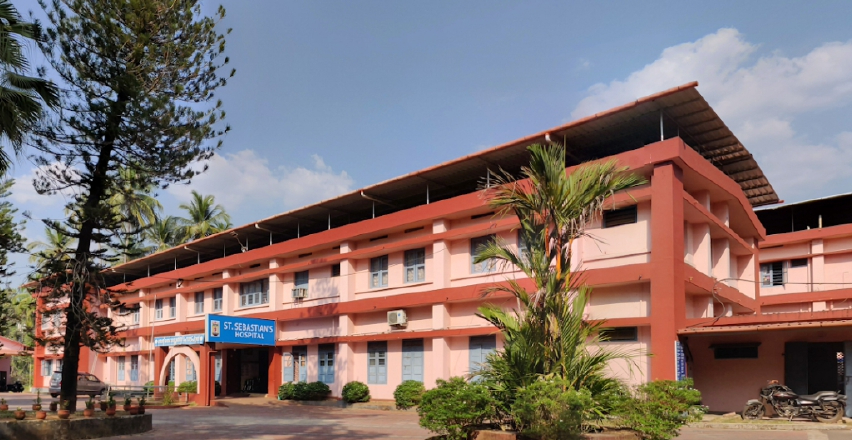St. Sebastian's Hospital in Cherupuzha, Kannur, is one of the most renowned hospitals in the area. Countless locals in Cherupuzha have placed immense trust in the practitioner over the years.

The hospital provided one of the first full time doctor in the region. The services of the centre was well appreciated by the people in the region and the centre has hence been a beacon of hope to nearly 500 patients on daily basis. The hospital caters to holistic needs of the patients and provides pastoral care services.
The hospital provided one of the first full time doctor in the region. The services of the centre was well appreciated by the people in the region and the centre has hence been a beacon of hope to nearly 500 patients on daily basis. The hospital caters to holistic needs of the patients and provides pastoral care service.
The hospital now has a bed strength of 50 and provides specialty care related to general medicine, obstetrics and gynaecology, paediatrics, orthopaedics, ophthalmology, dermatology and ent. The hospital also provides 24 hour casualty, icu, nicu, labour room, ambulance, laboratory, pharmacy, x-ray services, blood storage, covid lab, ultrasound etc.

